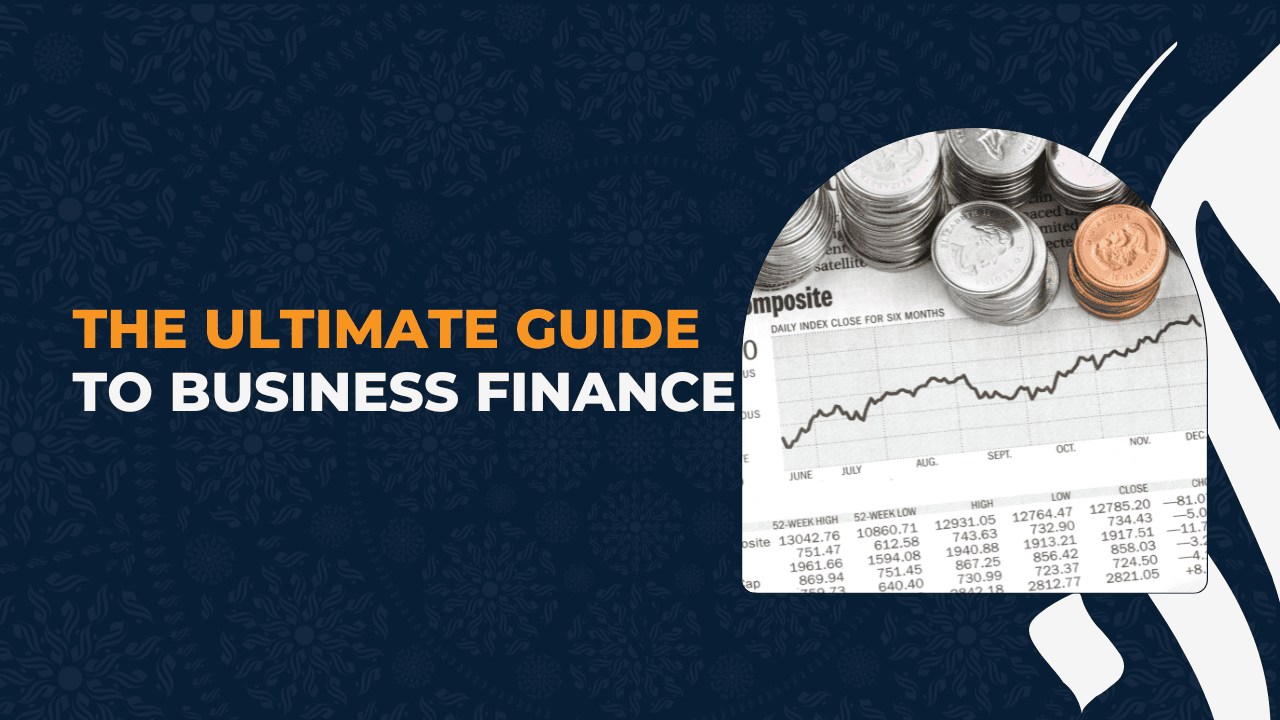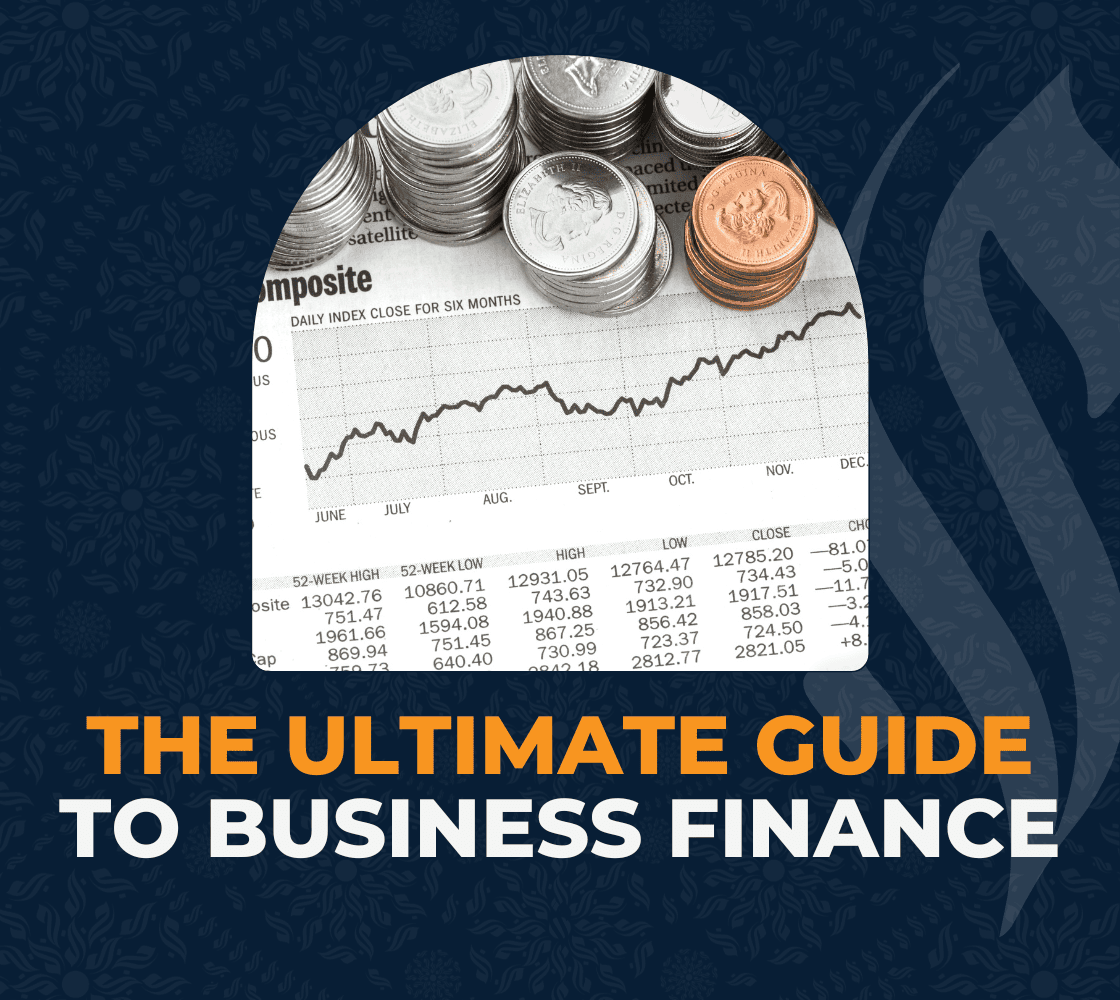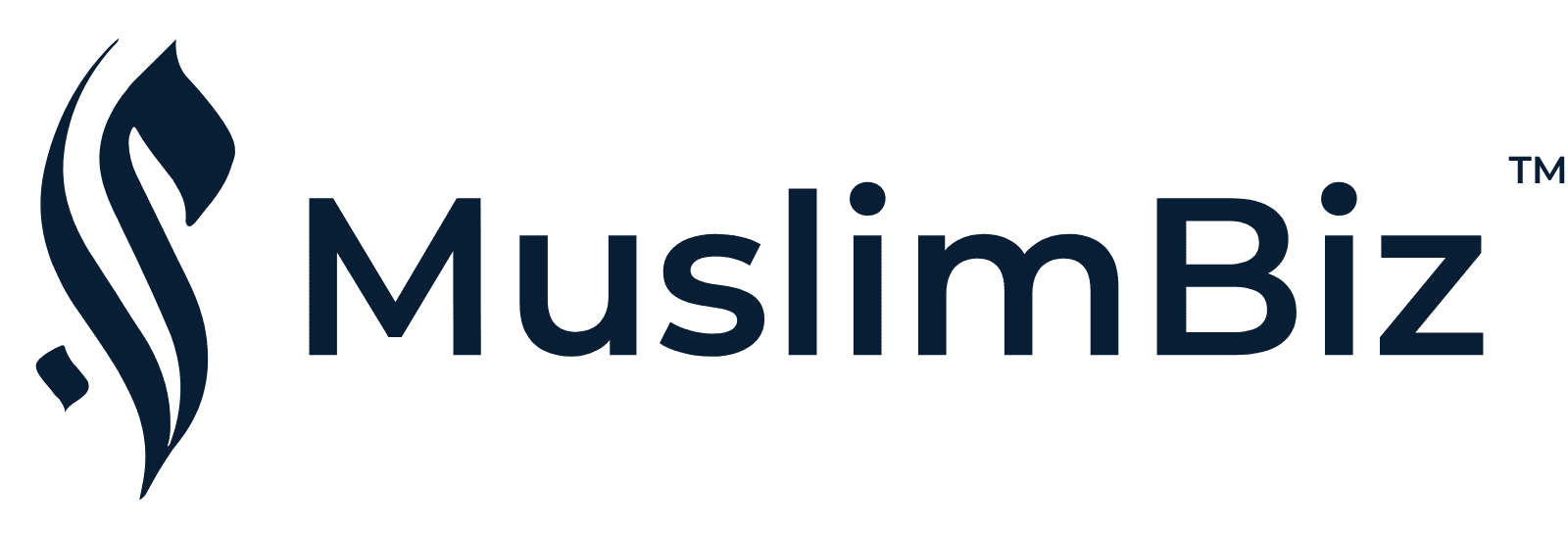

The Foundation; Understanding Your Financial Reality
Every successful financial system begins with the same habit: seeing the numbers as they are, not as you hope them to be. Your first task is to create a clear picture of your financial starting point.
At minimum, you need clarity on:
• Monthly revenue
• Monthly expenses
• Profit margin
• Cash on hand
• Future obligations (software renewals, supplier payments, taxes)
This becomes your baseline. From here, everything else becomes measurable. Many founders overestimate revenue, underestimate costs, or mix personal and business spending. These distortions make strategy impossible. You cannot plan without the truth.
A simple monthly financial snapshot prevents this. One page. Updated every 30 days. No complexity required.
Budgeting; Giving Every Dollar a Job
Cash Flow; The Lifeline of Your Business
Pricing Clarity; Why Most Founders Undercharge
Pricing Clarity; Why Most Founders Undercharge
Profit Tracking; The Metric That Protects Your Growth
Profit Tracking; The Metric That Protects Your Growth
Reinvestment; Fueling Long-Term Growth
Reinvestment; Fueling Long-Term Growth
Subscribe to Muslim Founder's Newsletter
The only newsletter you need to start & grow your Muslim business, Insha'Allah.
100% Free. No Spam Guaranteed.
Simple Systems Every Founder Needs
Financial Principles for Muslim Founders
Finance for Muslim founders carries an additional responsibility. Money is not only a business resource. It is a trust. You are accountable for how you earn it, how you spend it, and how you represent your intentions through financial decisions.
Key principles include:
Honesty in pricing:
Do not hide costs, fees, or terms that would mislead a customer.
Transparency in communication:
Be clear about what your product can and cannot do.
Fulfilling obligations:
Deliver what you promised, at the quality you promised, within the time you promised.
Avoiding manipulative tactics:
Do not rely on false scarcity, exaggerated claims, or psychological tricks that harm trust.
Clear record-keeping:
Accurate records protect your business and prevent injustice toward customers, partners, or suppliers.
Zakat responsibility:
If your business meets the criteria, zakat is not optional but mandatory. It purifies your wealth, supports the community, and instills discipline in your financial planning.
These principles are not limitations. They are strategic advantages. Businesses built on trust last. Businesses built on manipulation collapse.
Common Mistakes and How to Avoid Them
Mistake: Mixing personal and business expenses.
Fix: Separate bank accounts immediately.
Mistake: Guessing instead of tracking.
Fix: Update your financial sheet weekly.
Mistake: Spending too early.
Fix: Validate your offer before increasing expenses.
Mistake: Underpricing.
Fix: Determine real costs and required profit margin.
Mistake: Ignoring cash flow.
Fix: Forecast the next 90 days and maintain a cash reserve.
Avoiding these mistakes prevents unnecessary stress and strengthens your foundation.
Conclusion
Subscribe to Muslim Founder's Newsletter
The only newsletter you need to start & grow your Muslim business, Insha'Allah.
100% Free. No Spam Guaranteed.


